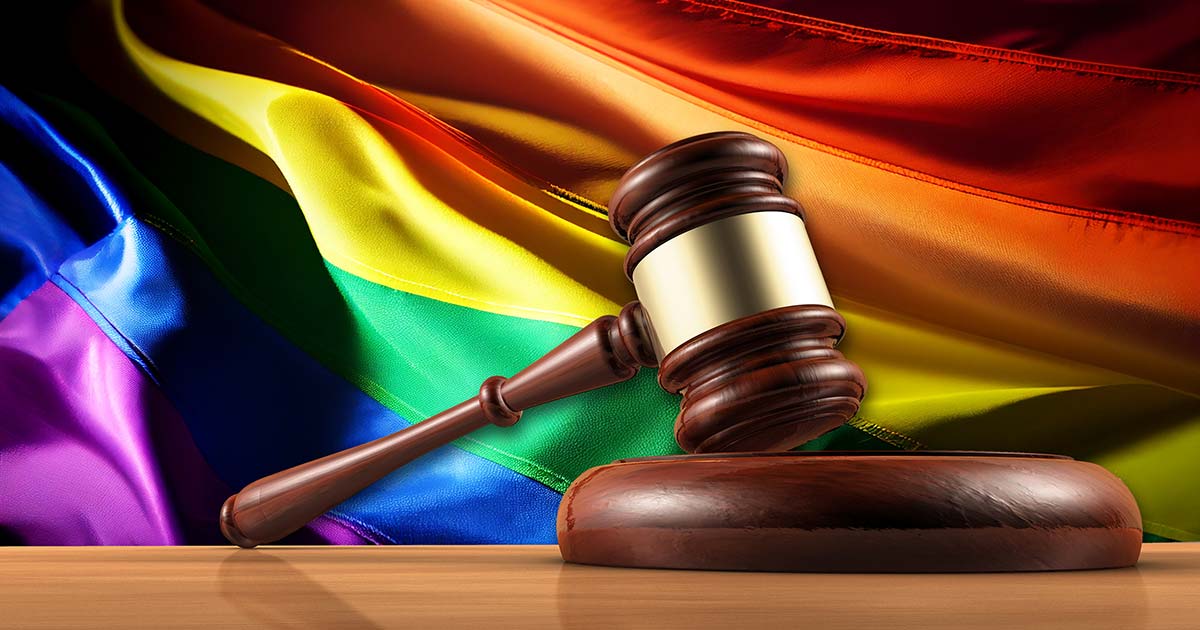Outrage and alarm as Russia bans ‘LGBT movement’

The Supreme Court of Russia has outlawed what it described as the “international LGBT movement”, classifying it as an “extremist organisation” and jeopardising all forms of LGBT rights activism in the country.
The ruling was made after a four-hour closed-door hearing which only representatives of the country’s Justice Ministry, which filed the motion, were allowed to attend.
The decision adds the international LGBT movement to a list of over 100 banned “extremist” groups in Russia for “inciting social and religious discord” in the country.
The court ignored a responding motion to dismiss the Ministry’s submission filed by seven Russian human rights groups that argued that there is no such thing as an “international LGBT movement”.
The classification of an organisation as “extremist” in Russia carries severe legal repercussions. According to Human Rights Watch, participating in or financing an extremist organisation is punishable by up to 12 years in prison. A person found guilty of displaying such groups’ symbols faces up to 15 days in detention for the first offence and up to four years in prison for a repeat offence.
“The authorities’ move apparently serves a dual purpose,” said Tanya Lokshina, associate Europe and Central Asia director at Human Rights Watch. “It is meant to increase the scapegoating of LGBT people to appeal to the Kremlin’s conservative supporters before the March 2024 presidential vote and to paralyze the work of rights groups countering discrimination and supporting LGBT people.”
In a statement, ILGA-Europe said the “violently disproportionate decision” was an “abhorrent attack on LGBTI people and human rights groups in Russia.”
It warned that the ruling makes imprisonment a very real scenario for participating in activism, sharing information about LGBTI people’s human rights, or simply speaking up.
“It is an attempt to completely shut down any LGBTI organising and instill fear of prosecution and imprisonment among LGBTI people in general, as well as those who support them,” asserted the organisation.
Volker Türk, the United Nations High Commissioner for Human Rights, commented on X: “We deplore Russia’s Supreme Court decision to label ‘the international LGBT movement’ as ‘extremist’. The law must uphold the principles of equality and non-discrimination. It must never be used to perpetuate discrimination.”
Over the past decade, life for LGBTI+ people in Russia has become increasingly restricted. In 2013, President Vladimir Putin signed a federal law prohibiting the promotion of “non-traditional” sexual relationships to minors.
This law has been used to suppress LGBTI+ Pride events and limit positive depictions of LGBTI+ individuals. Last year, Russian legislators broadened the 2013 law to include a ban on LGBTI+ public information or activities for all Russians, not just children.
Leave a Reply